Limonene
D-Limonene is a molecule that is found in high levels in lemons (where it derives its name) but also most citrus foods. It holds promise as an anti-cancer agent, and for some reason is marketed as a fat burner despite minimal evidence of fat burning effects. Can be consumed via pulpy lemon juice.
Limonene is most often used for
Last Updated:September 28, 2022
D-Limonene is a compound known as 'lemon extract' and is found in high levels in lemon juices.
It itself, as well as its related product known as 'perillic acid', are known to be anti-carcinogenic (cancer fighting) and liver healthy. Consumption of D-Limonene in either supplemental form or as freshly squeezed and pulp-containing lemonade has been shown to reduce the formation of some tumor growths and alleviate fat buildup in the liver induced by diet.
Although commercial juices tend to have low levels of D-Limonene, freshly squeezed 'Mediterranean Style' juice with the pulp has high levels of it.
- Lemon Extract
- D-Limonene
30-40 liquid oz. of Mediterranean Style (pulp in) lemonade confers approximately 500mg D-Limonene, which can be seen as an active dose.
Otherwise, many benefits are seen with 1g of D-Limonene daily.
🚧 Under Renovation 🚧
The information in this section is slated for renovation — it will soon be transformed into a more usable (and readable!) form in the coming months. As such, the text in this section may be out of date and not up to Examine’s current standards for writing style.




